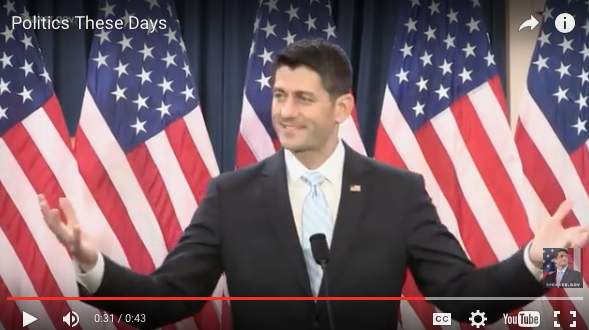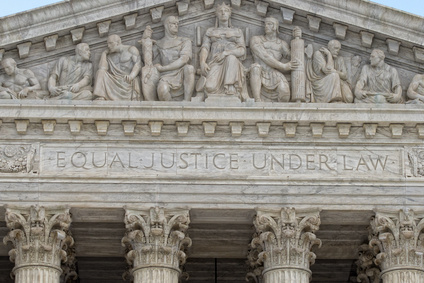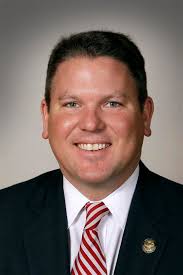Polls just closed in Wisconsin, but thousands of people are still waiting in long lines to vote. Why does this country tolerate the failure to open enough polling places in so many states? High turnout for both the Democratic and Republican primaries should have been anticipated, especially since Wisconsin has an “open” primary, where independents can change party registration on election day.
Voters had to show photo ID to cast ballots today. A federal lawsuit challenging Wisconsin’s new law is pending.
I’ll update this post periodically with results from tonight. Here are a few links to get the conversation started.
Bernie Sanders is expected to win today’s primary, but he is unlikely to net significantly more delegates than Hillary Clinton will. Craig Gilbert of the Milwaukee Journal-Sentinel explains why.
Clinton and Sanders will debate next in New York ahead of that state’s primary. The New York Daily News transcript of Sanders’ recent interview with the editorial board has been a frequent topic of conversation on social media. Conventional wisdom (embodied as it is so often by Chris Cillizza of the Washington Post) holds that it “was pretty close to a disaster.” I doubt many voters will turn away from Sanders because of it.
Eric Ostermeier of Smart Politics challenged the idea that this year’s Democratic presidential contest is less competitive than Hillary Clinton’s race against Barack Obama in 2008 (emphasis in original):
Clinton has won 18 state primaries and caucuses with 14 states going for Sanders; back in 2008, Obama had won 21 of these state primaries and caucuses with just 11 in Clinton’s column. […]
Five states have already had victory margins inside of two percentage points: Missouri (0.2 points), Iowa (0.2), Massachusetts (1.4), Michigan (1.5), and Illinois (1.8). Unfortunately for Sanders he lost four of these with the only late-night close race call in his favor coming in Michigan.
By contrast, just one of the 32 states to vote thus far in 2016 had a victory margin under two points in 2008 – Missouri (1.4 points).
Overall, contests in 15 states have been more closely decided than they were in 2008 with 17 states having a larger margin of victory.
Sanders has cut into Clinton’s pledged delegate lead since March 15 but still faces long odds of catching Clinton in the delegate race. Patrick Healy and Yamiche Alcindor wrote an interesting piece for the New York Times on some strategic errors by Sanders early on, which may end up costing him the nomination.
Donald Trump had arguably the worst week of his campaign last week. The fact that he could not win a general election is starting to sink in with Republican voters. He’s let go some of his campaign staff (though not the one accused of assaulting a reporter). Ted Cruz has been rising in Wisconsin’s polls, as Trump’s prospects for winning an overall majority of pledged delegates before the Republican National Convention appear to be falling. However, Trump still has a commanding lead in his home state of New York, the next to vote, and other big northeastern states don’t look like promising territory for Cruz.
UPDATE: NBC called Wisconsin for Sanders and Cruz before 8:30 pm. All further updates are after the jump.
Continue Reading...















